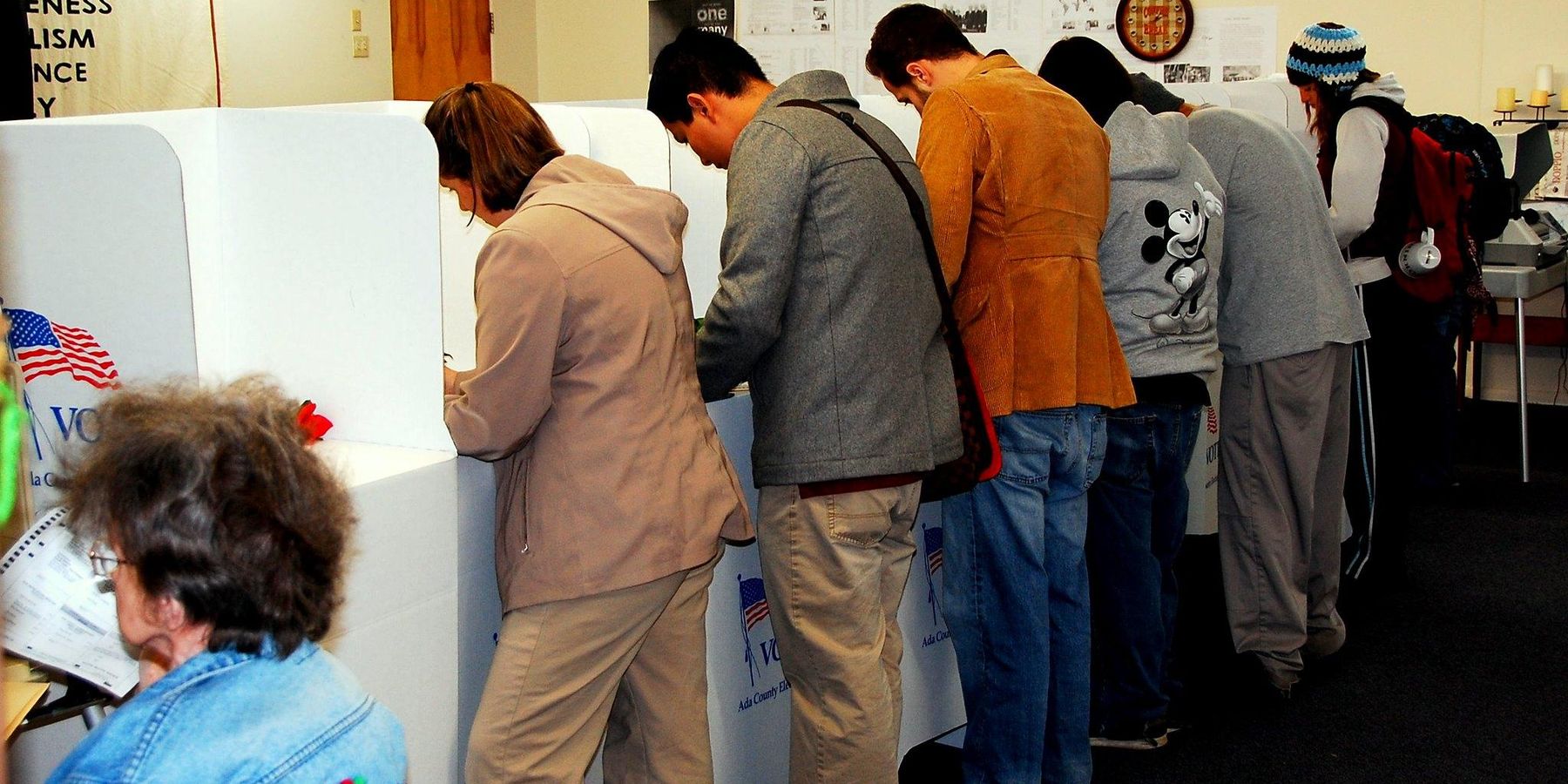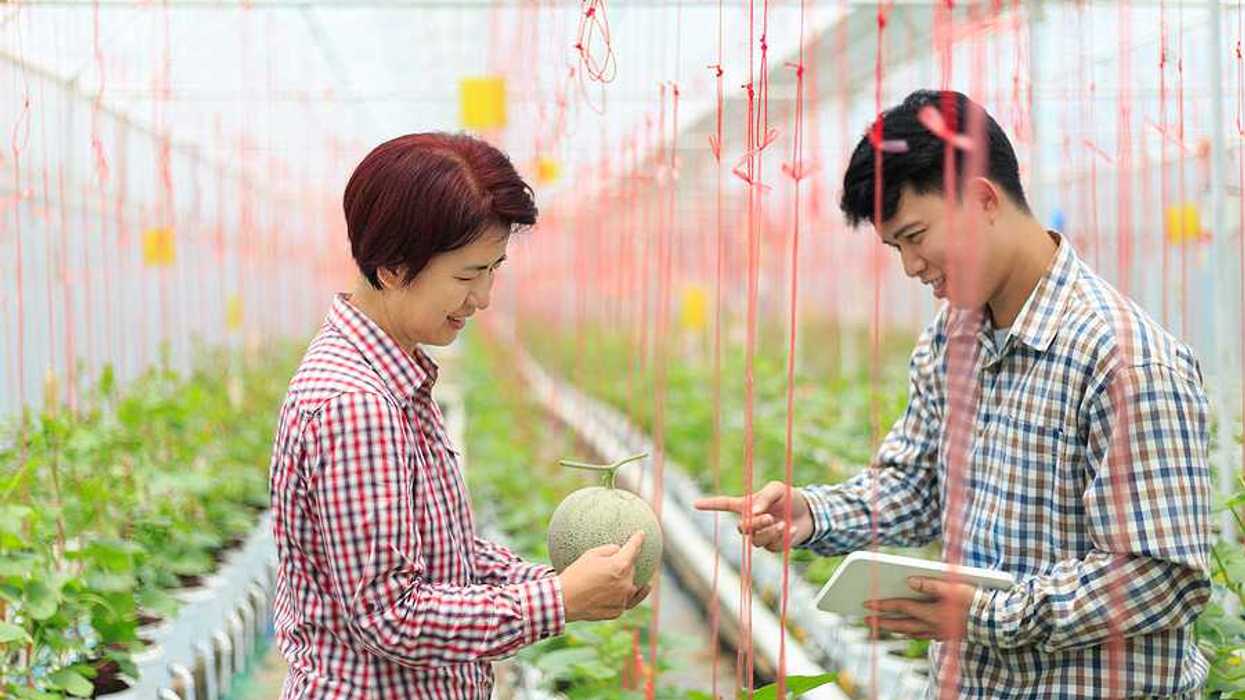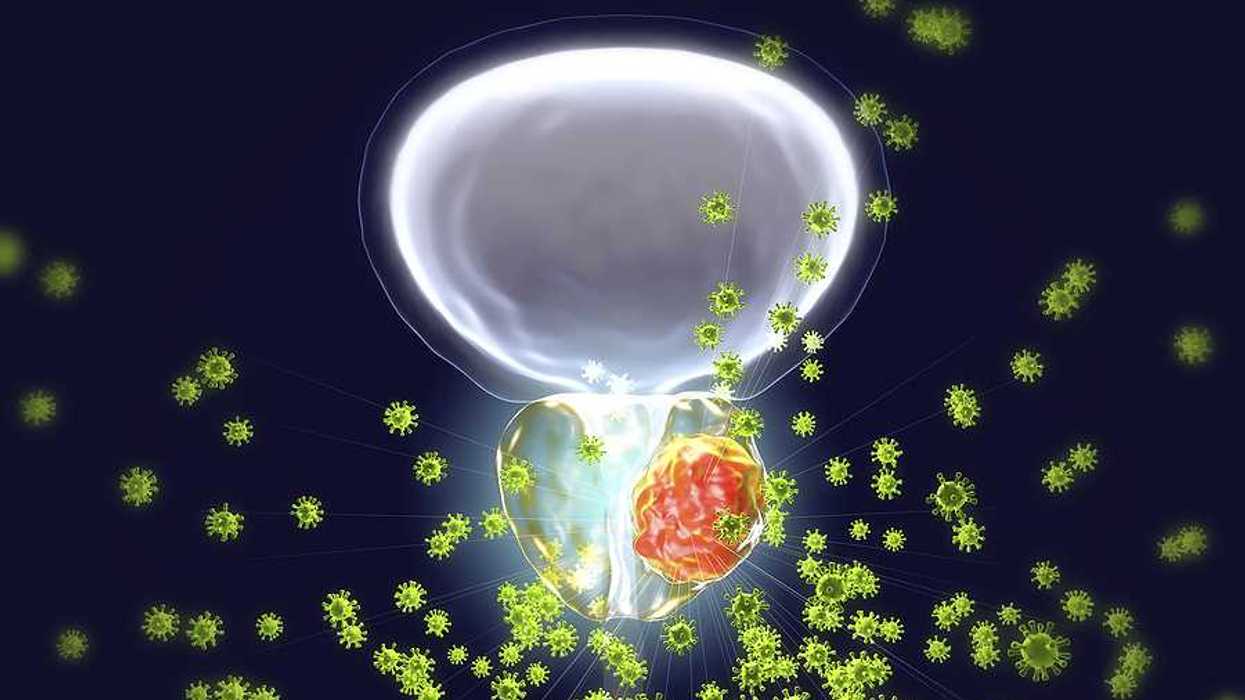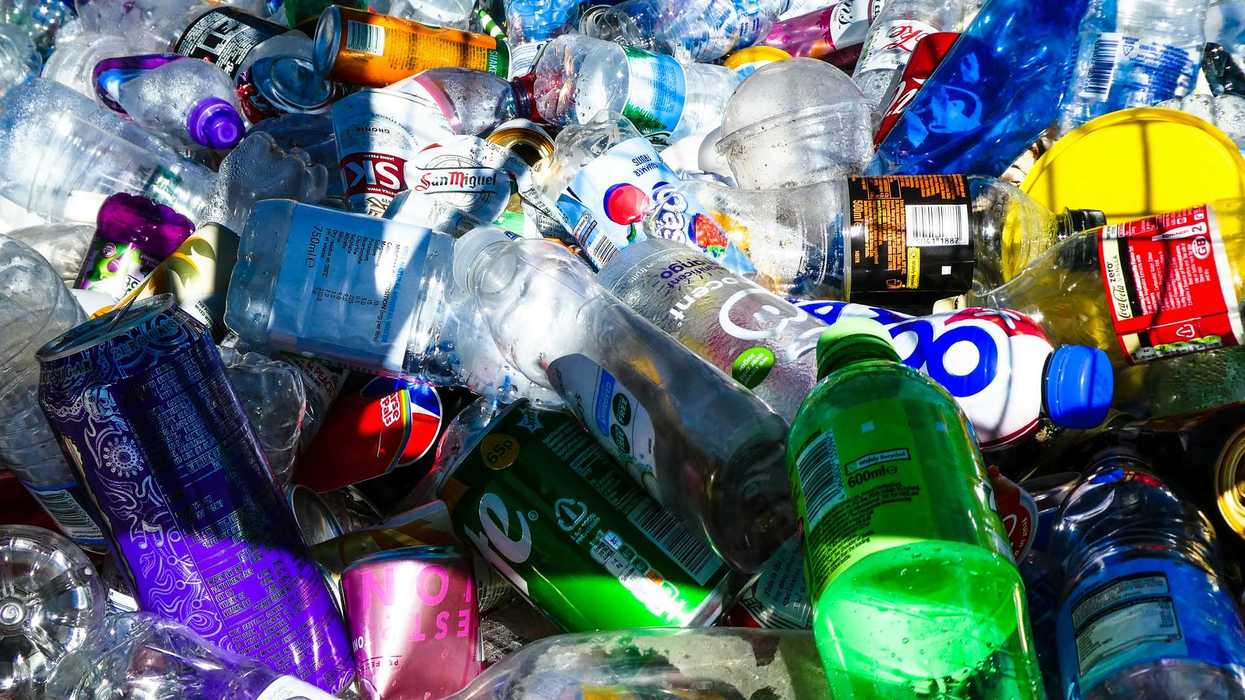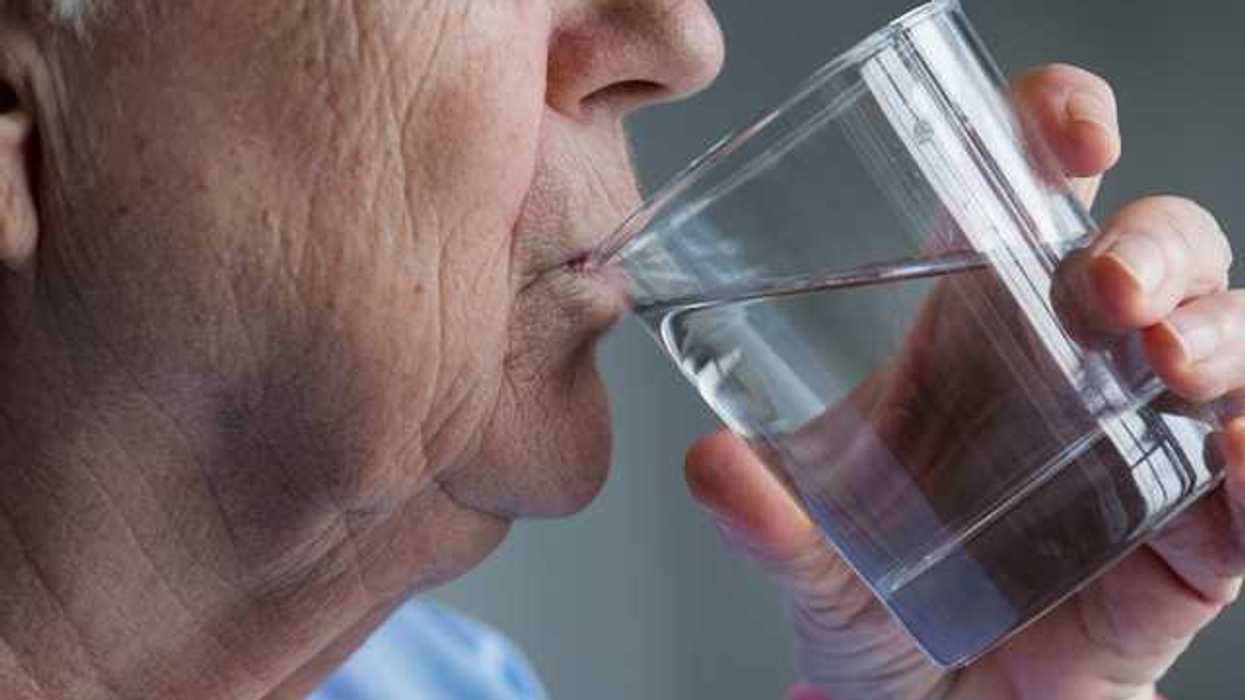As we near midterm elections, a new poll has done the unthinkable: found an issue that doesn’t divide us.
Americans want government and industry to get harmful chemicals out of our products, according to a survey of 1,200 registered voters commissioned by the Program on Reproductive Health and the Environment at the University of California, San Francisco. More than 90% of those surveyed supported the notion that the government should require products be proven safe before they are put on the market.
“At a time when most issues are politically polarized, the issue of keeping people safe from harmful chemicals finds widespread agreement among Democrats, Republicans and Independent voters,” said Celinda Lake — president of Lake Research Partners, which conducted the poll — in a statement.
A majority of those polled are even willing to pay more for protection from toxics: 93% agree (57% strongly agree) that it’s important to remove harmful chemicals from our homes, workplaces and schools even if it increases the costs of some products.
Other highlights:
- 76% were concerned about the impact of chemicals and plastics on climate change
- 54% said chemical regulations aren’t strong enough
- 89% supported the goal of the federal Toxic Control Substances Control Act
However, Tracey J. Woodruff, a professor of obstetrics, gynecology and reproductive sciences who directs the Program on Reproductive Health and the Environment at the University of California, San Francisco, pointed out that many voters polled seem mistaken on how chemicals are currently regulated. About half thought that all chemicals in food and products have been tested for safety, which isn't the case. For most chemicals used in our food and food supply, manufacturers provide their own safety data to the U.S. Food and Drug Administration or to the Environmental Protection Agency.
See the results at the Program on Reproductive Health and the Environment’s blog.
- Endocrine disruptors in Europe: Nineteen "experts" are polluting the ... ›
- How Colorado is preventing PFAS contamination from the oil and ... ›

